01 Jan 1981
Il a besoin
No overview found
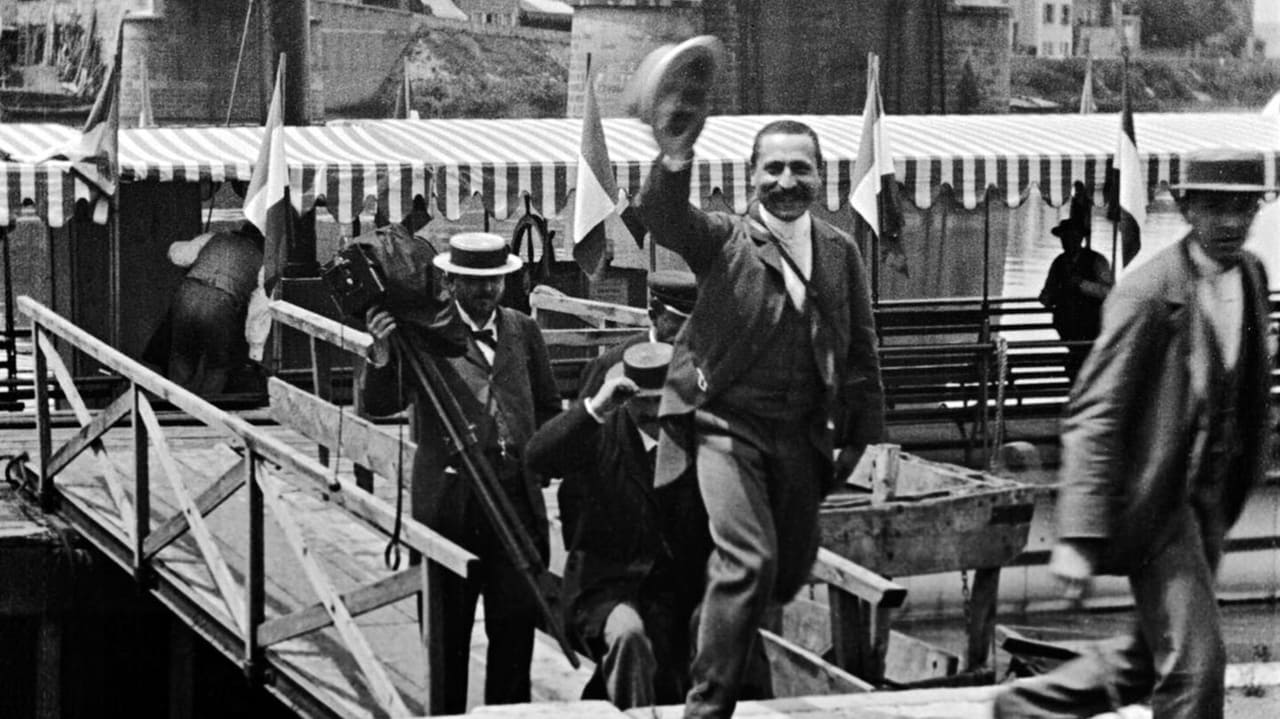
A collection of restored prints from the Lumière Brothers.
01 Jan 1981
No overview found
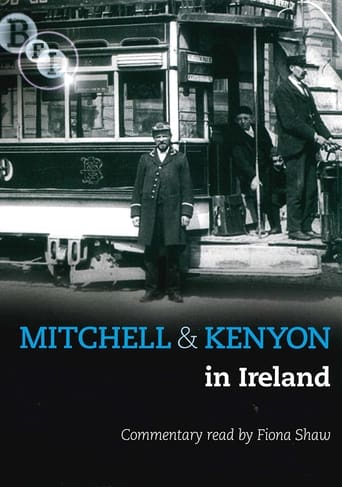
30 Jul 2007

Over a century ago, Sagar Mitchell and James Kenyon roamed Britain and Ireland filming the everyday lives of people at work and play. For around 70 years, 800 rolls of nitrate film sat in sealed barrels in the basement of a shop in Blackburn. Miraculously rediscovered by Nigel Garth Gregory and later restored by the BFI, this now ranks as one of the most exciting film discoveries of recent times. Mitchell & Kenyon in Ireland is a unique and vivid record of Ireland at the start of the twentieth century. The collection contains 26 films made in Ireland between May 1901 and December 1902. Much of this material was unseen for over 100 years. The films include street scenes of Dublin, Wexford and Belfast; the Cork International Exhibition, scenic routes from Cork to Blarney Castle and more. They are accompanied by piano and fiddle music and commentary read by Fiona Shaw.
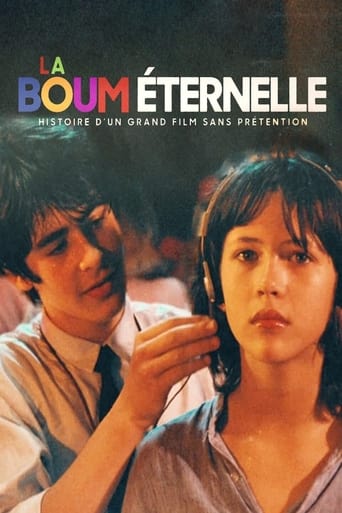
20 Jan 2023

A look-back at popular French movie "La Boum" (The Party).
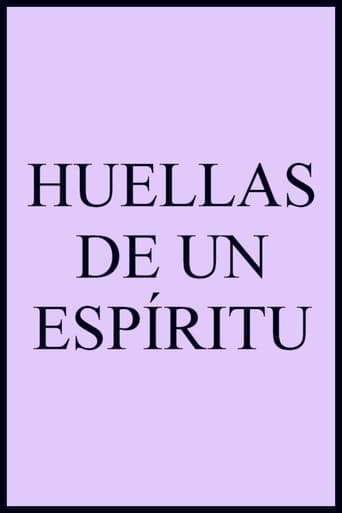
10 Oct 1998

The story of the creation of The Spirit of the Beehive, a film directed by Víctor Erice in 1973.
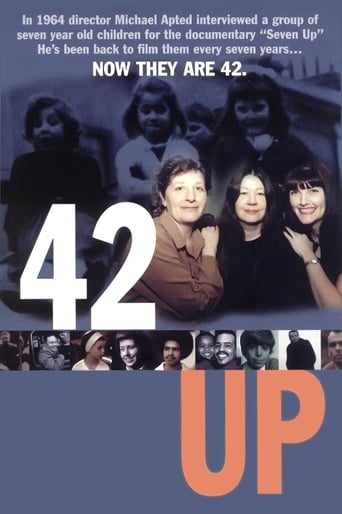
17 Nov 1999

Director Michael Apted revisits the same group of British-born adults after a 7 year wait. The subjects are interviewed as to the changes that have occurred in their lives during the last seven years.

28 Aug 2021

A new documentary film revisits the golden age of kung fu stuntmen and action directors in Hong Kong during the 1960s-'80s, exploring their pain and struggles. The documentary is a tribute to kung fu stuntmen. “They risked their lives for stunts,” said kung fu choreographer Yuen Bin. In their heyday, these stuntmen and choreographers presented the best, most creative and most complicated kung fu fight sequences anywhere in the world, creating stunts that looked seemingly impossible.
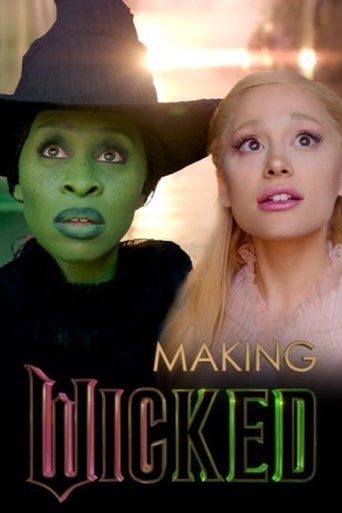
31 Dec 2024

Return to Oz for a fantastic behind-the-scenes journey with this expansive look inside the characters, choreography, and creativity that make up the movie's unforgettable world.
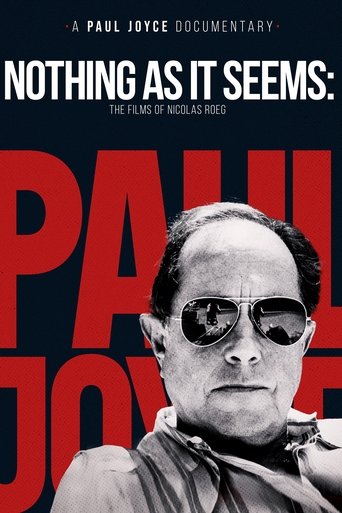
01 Jan 1982

Documentary on Nicolas Roeg
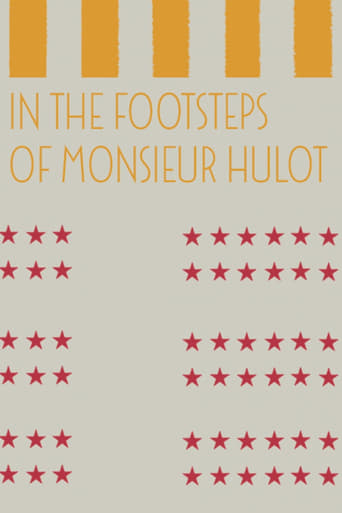
22 Oct 1989

Two-part documentary about French director Jacques Tati chronicles the evolution of the filmmaker's alter ego, Monsieur Hulot, through archival interviews, on-set footage, photos, and film clips.

18 Apr 2025

A homogeneous structure of wind and light across tree branches in the South region of Isère
01 May 2003
Pearl Gluck travels to Hungary to retrieve a turn-of-the-century family heirloom: a couch upon which esteemed rabbis once slept. En route for the ancestral divan, Pearl encounters a colorful cast of characters who provide guidance and inspiration.
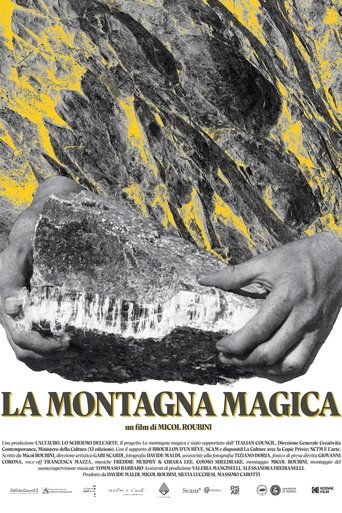
10 May 2025

No overview found
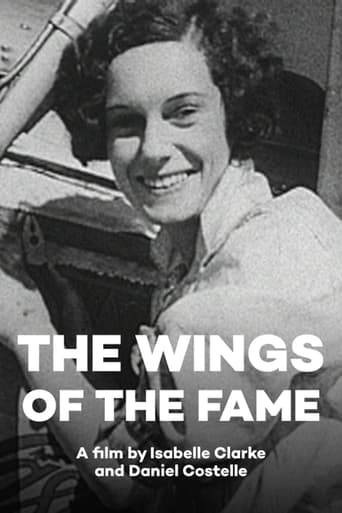
08 Dec 2003

It is the epic of the heroes of the first century of aviation, since the flight of the first plane on December 17, 1903 until today. A striking collection of portraits of outstanding men and women like Louis Blériot, the first to cross the Channel, to Lindbergh who crossed the Atlantic and Amelia Earhart and many more...
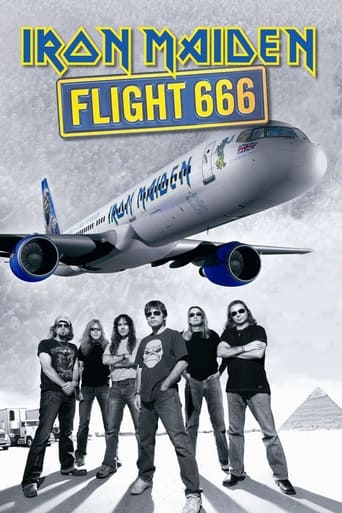
21 Apr 2009

Heavy metal band Iron Maiden's 2008 Somewhere Back in Time World Tour. This concert recording accompanies the documentary film "Iron Maiden: Flight 666". The 16 songs performed were filmed live in 16 different cities giving you the full experience of the live power of Maiden and their fans all around the globe.
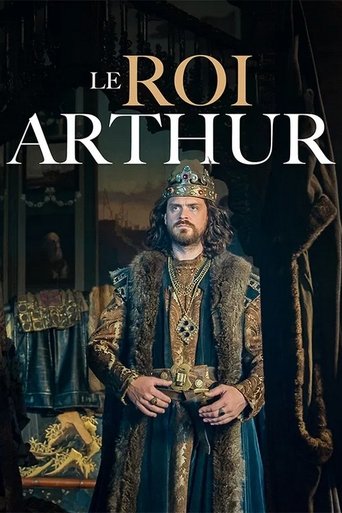
31 Oct 2021

No overview found

16 Mar 2024

When the first railroads were built some two hundred years ago, they brought about a revolutionary change for mankind, linking cities and countryside, driving the industrial revolution and irrevocably changing the landscape: a history of the railroad from its beginnings to the present day.

05 Sep 2006

The story of how the original Godzilla went from idea to script to screen.

29 Aug 2024

A dive into the intimate and creative universe of writer, screenwriter, and presenter Fernanda Young. The documentary takes an unconventional approach and becomes a poetic essay, using disruptive archive collages and visual and soundscapes of intimate moments. The film is also an invitation to reflect on creativity and artistic courage.
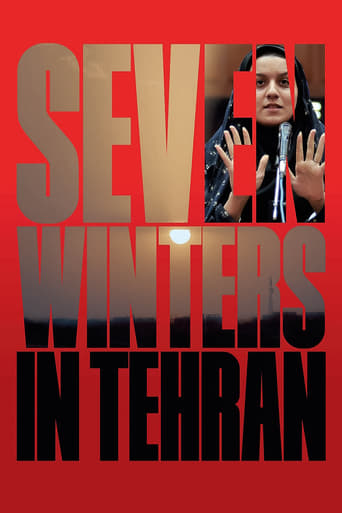
29 Mar 2023

After seven years in prison, a female student in Tehran is hanged for murder. She had acted in self-defence against a rapist. For a pardon, she would have had to retract her testimony. This moving film reopens the case.
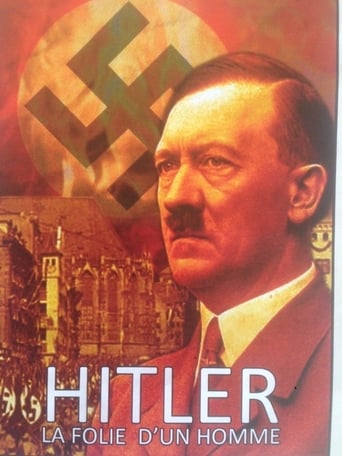
03 May 2005

No overview found